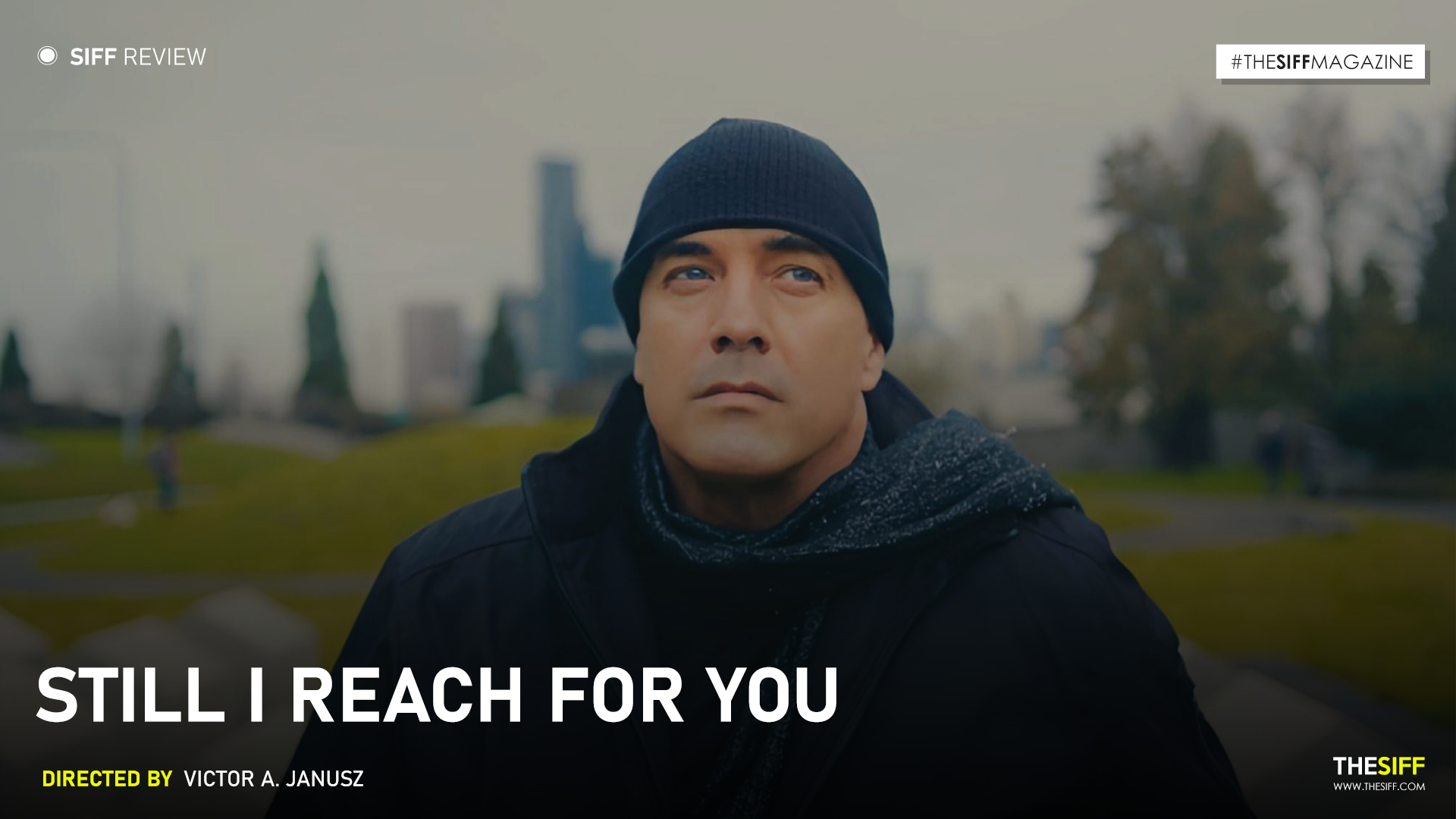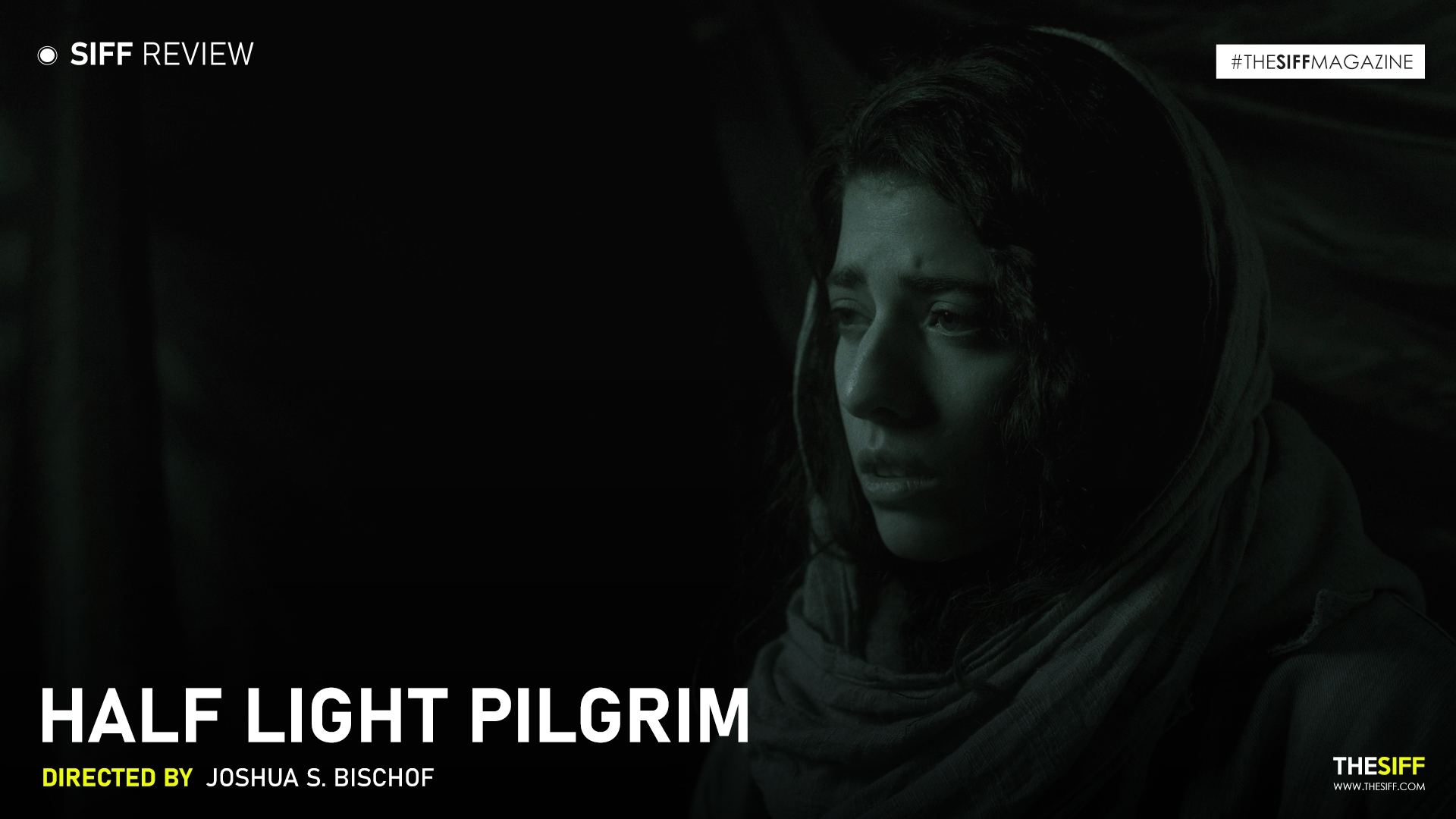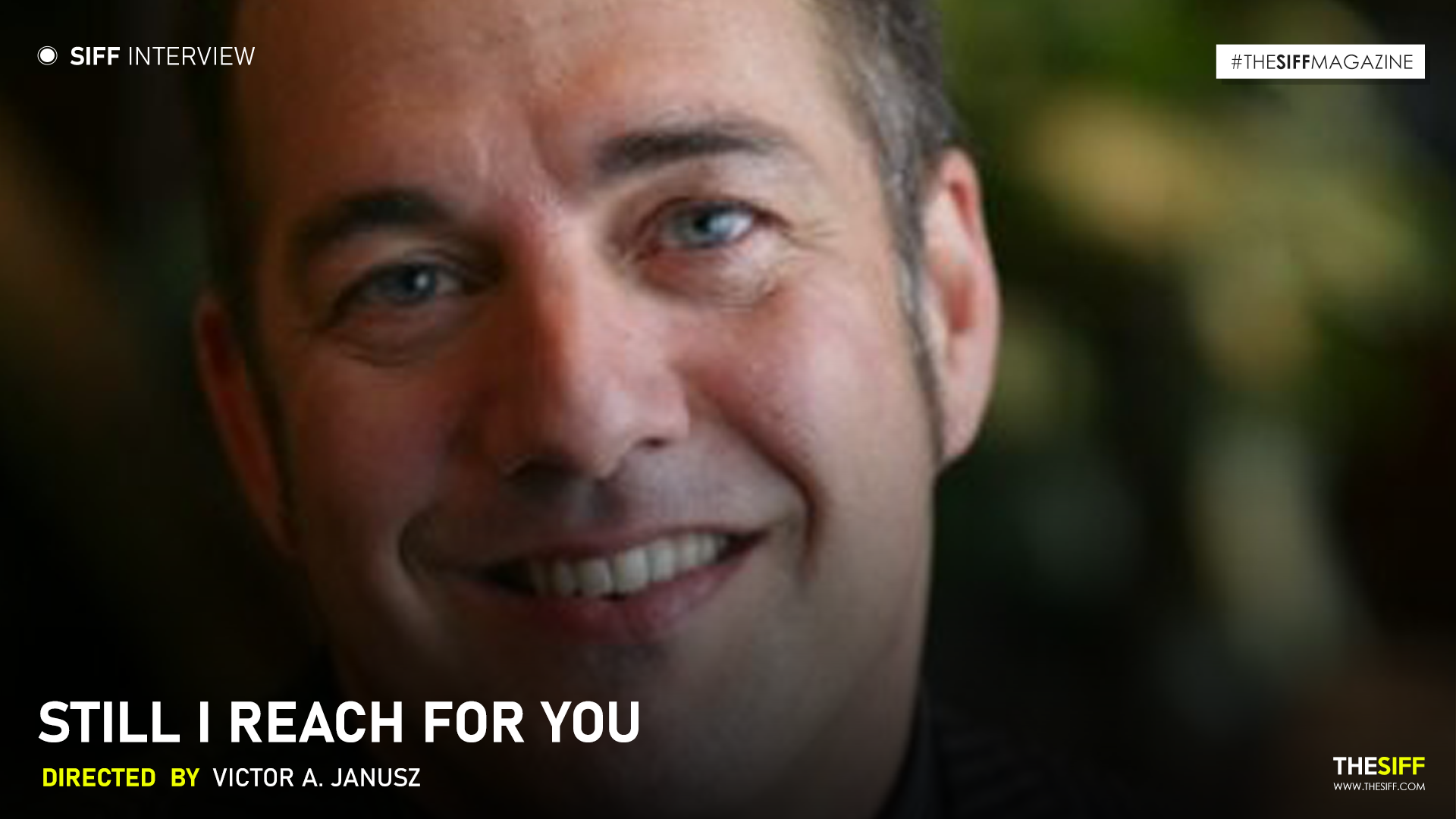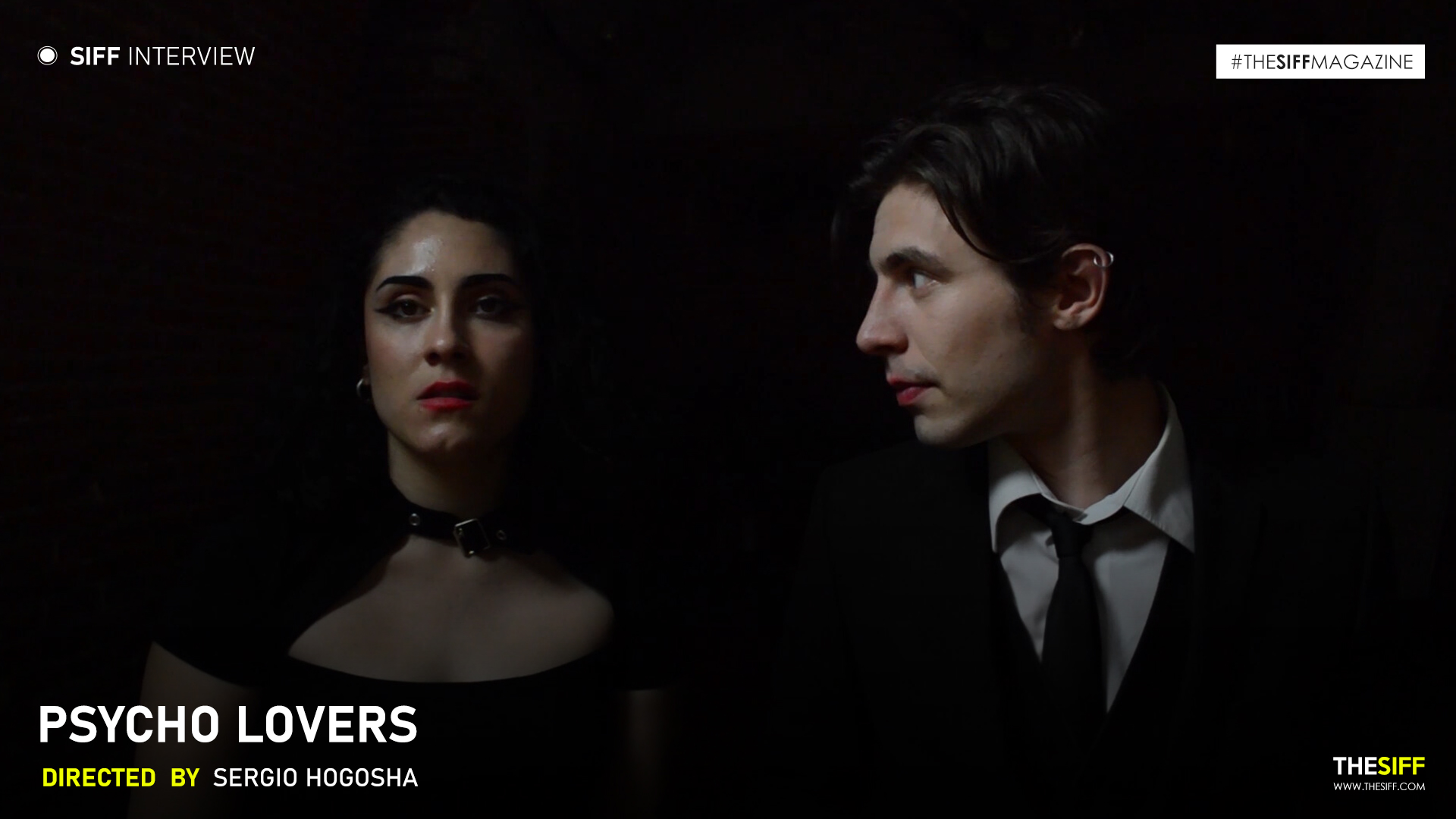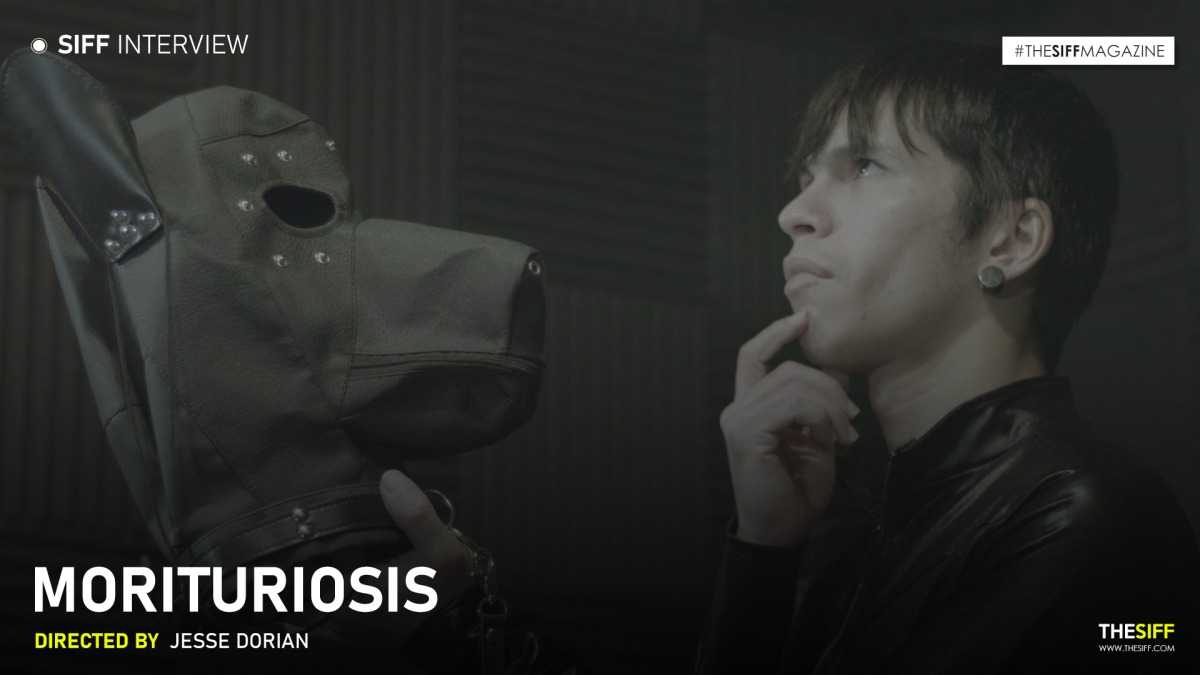
Script – Morituriosis
Writer – Jesse Dorian

1. First of all sir, tell us about the power of stories? How do you think they influence us?
I think stories influence everything in-general; which stories are told, how they’re told, who tells them better than everyone else. Stories have a much bigger influence than I think most people would like to admit, whether the stories are analogical, metaphorical, or true.
2. What role was played by stories in your life as you grew up? Do You have that one story you kept on getting back to time and again?
Well, I was a very emotional child. My parents divorced when I was 4. I was raised as an only child by my mother, although my father did have numerous children from other relationships.
I had plenty of friends but somehow, I was also able to value the time I spent alone, which was a lot. I had a vivid imagination, even for a child, and I could always keep myself entertained. I was comfortable openly talking to myself, which of course — disturbed some of my teachers.
However, I think I did cry a lot too as a child. And I was particularly clingy to my mother. So there’s that?
I was also able to digest and retain an incredible amount of media throughout my childhood. I watched a lot of TV and movies — but I also read a lot of books that were noticeably advanced for my age group. I’d probably read about a dozen Stephen King books by the time I was 13 — so, I think that it was the abundance of more mature or adult-themed stories that really played a role in my overall response to stories in-general, while growing up.
I wouldn’t say that I have any one particular story that I would go back to over and over again — maybe I could’ve narrowed one in particular down that I kept getting back to time and again 20 years ago, before I was an adult.
There are so many different stories that I have already written — and that I begrudgingly return to.
My stories are kinda like a happening rat infestation going on inside my head. And each story is one of the rats, wreaking havoc. Sometimes, it’s tempting to just burn the whole thing down and kill ‘em all… but then I figure, nah. Might as well just let them chew and naw away at my brain instead. Also, it could just be because of my fondness for rodents.
3.How would you define the evolution of modern horror? Do you think it has finally moved on from the age old ludicrous portrayals of ghosts and spirits?
I think if there’s one sub-genre that manages to be even more boring than ghosts and spirits in modern horror, it’s zombies. But that isn’t necessarily the fault of “ghosts and spirits” as a subject in modern horror — it’s just the repetitive hashing in how both studios and filmmakers seem to inflict them onto the masses.
As long as filmmakers are able to save money by emulating ghosts and spirits in modern horror by pulling a door open with a string tied to the doorknob on the other side — I think we’re stuck with them.
To me, modern horror has a lot of issues. The horror film genre, in-general, is the genre that I’m the single-most critical of — mainly because it’s also the genre that I probably have the most affection for. Which also means that I give it the most passes when it comes to the high volume of terrible content it produces. But that’s just been the nature of horror for quite some time now. I think it will forever be more subjective than any other mainstream film genre, perhaps with the exception of comedy.
4.Tell us about your love for cinema. Do you have a favorite movie and a director? Someone who inspired you.
[Laughs] Okay, believe it or not, I don’t really have a favorite director upfront.
But idol-wise, I have already gone through my Steven Spielberg phase… my Stanley Kubrick phase… my Quentin Tarantino phase… by Darren Aronofsky phase… my David Lynch phase… and my David Fincher phase. And I feel like I still have things to say, that surprisingly none of them have already said.
My favorite movie? I think I’ve been telling people for the last 22 years that “American Psycho,” directed by Mary Harron, is my favorite movie — because for the longest time, it actually was my favorite movie. But honestly, I don’t even know if that’s true anymore; probably the only time in which I was so deeply invested in a movie upon the first viewing, that I simply didn’t want it to end.
I wanted to know more about Patrick Bateman, and the world of indifference that he was a part of. I found it all so fascinating at the time; all the many places that dark comedy could go… and so then I read the book by Bret Easton Ellis — which I loved at the time but in retrospect… yeah, it gave too much information, and like, [Laughs] not in a good way; so much more than I really wanted to know. I mean, don’t get me wrong — to this day, it’s the most fearless book I’ve ever read. It’s a good book. And it’s an important book; and I probably respect it a lot more than I actually should. But saying that the book hasn’t aged well, is putting it mildly.
Either or, specifically regarding the Mary Harron film, I think I’ll always at least be one of American Psycho’s most genuine fans.
As far as someone, anyone — who inspired me? Hmm. Perhaps there is? Maybe? I’ll probably have to talk about that more with my therapist first.
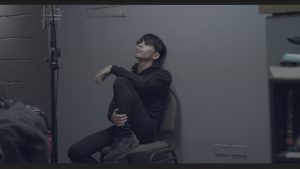
5.Tell us something about the origin of your story. Was it always lurking somewhere around or was it a sudden revelation? Also, tell us something about the title.
[Laughs] Oh, it was a sudden revelation for sure. After years of substance abuse, in mid-2016, I experienced my own episode of alcoholic hallucinosis due to severe alcohol withdrawal. The hallucination period lasted about 4 days. I had no idea what was going on, and I had no idea that alcoholic hallucinosis was even a thing. And I was beyond certain at the time, that I was going to die. I even wrote a handwritten, like, letter of apology to ‘whoever it may concern,’ that I had folded up inside the back pocket of my jeans — for when my dead body would be found.
And I didn’t seek help at that time in my life because I simply couldn’t be helped, or at least not in that way.
But subjecting myself to my own extreme form of alcoholic conditioning seemed to do the trick because the experience was so personally traumatizing, I haven’t really felt like drinking ever since. Or at least not anywhere near close to, like, what I was used to. I’m pretty much burnt out for life.
Referring to the title, the word “morituriosis,” is just a fake word that I made up. It’s a mashup of the words “morituri” (latin for “those who are about to die”) and “hallucinosis,” referring to alcoholic hallucinosis, the condition that my protagonist, Mason, is visibly suffering from through the majority of “Morituriosis.”
And at first, I was somewhat hesitant about my screenplay title being a made-up word that I didn’t put much thought into… but I don’t know. People seemed to like the title, so I just left it alone.
6.Primarily the narrative gyrates around an individual suffering in an indifferent world. Most of the protagonists of Albert Camus were like this. Tell us how different and difficult is it for an outsider to understand suffering which is not apparent or evident? Suffering which is often internal, and sometimes beyond comprehension.
That’s a great question. And the suggestion that goes with the question, is eerily similar to the approach I took when writing “Morituriosis.”
How can you get an outsider, aka the audience, to understand suffering which is not apparent or evident?
There’s only so much that you can achieve through the combined methods of visual and audible storytelling — when it comes to getting someone to understand the horrors of substance abuse.
In a story like “Morituriosis,” I believe that you can possibly achieve that goal by narratively placing the outsider in that same state of confusion and peril that the main character is experiencing. For the whole runtime. It’s exhausting, yet effective.
Okay — and this is relevant to the question — one of the festival judges that I received feedback from a few months ago, didn’t like “Morituriosis.” And in the notes I received, they said something along the lines of — that I’m basically “making up the rules as I go along” as far as the narrative is concerned. Which, I’m like, “No. I’m not. Not really.”
The script does have rules. But when the story is told entirely from the perspective of someone experiencing a potentially lethal episode of alcoholic hallucinosis, it might seem upon the first read — or eventually, first viewing — that not a whole lot makes sense. But the clues, and the answers are all there if you pay attention. By the end of “Morituriosis,” all the loose ends are tied — with the exception of one, and that is intentional — and the resolution is solid.
My point is — when you’re hallucinating, while you’re withdrawing at the same time, it can totally feel like the reality you’re living in is just making up the rules as it goes along. And you’re just stuck there. Waiting it out.
And so then, how is the audience supposed to know — what is real, and what isn’t?
If you give the audience a story that begins as a pretty straightforward narrative… and then as the story unfolds, the hallucinations of the protagonist begin to bleed into the same narrative where the rules are apparent… the audience will gradually pick up on it; the distinctions between reality and hallucination.
And so, what are the rules in “Morituriosis?” I think the rules are pretty obvious, within the context of the story.

7.Did you find it challenging that you wrote a script using intangible tropes, heavily dependent on the portrayal of the same by the actor?
No. Writing the script itself using intangible tropes was not challenging. Because in reality, a lot of us are our own worst enemies.
And since “Morituriosis” is currently an unproduced screenplay, the real challenge will occur once the casting process begins for the role of Mason, the protagonist. And hey — if the production wants to save money, then it can just cast me in the role of Mason. [Laughs] For obvious reasons.
8.Something related to the question above. Don’t you think a preponderant role must be played by the actor in the movie in order to bring out the exact effect desired? For example movies like Trainspotting, Dallas Buyers Club and Requiem For A Dream successfully brought out the internal torment destroying the characters in the movie slowly and gradually.
One-hundred percent. The intentions of writing a feature screenplay are to eventually see it become something greater than — and beyond — the mechanical, text-only format that the story’s maximum potential is restrained by.
By the time filming begins, the story is no longer in the writer’s hands. It’s now up to the actor that has been cast in the role, and the filmmakers directing that actor — to achieve what the story had originally set out to do in the first place.
There are certain points to get across that a screenwriter can only achieve so well… and then that’s when it ultimately becomes the actor’s — and director’s — responsibility.
I think Dallas Buyers Club takes a straightforward and mostly- transparent approach to telling a story of internal torment with its characters.
But Morituriosis is very much in a similar vein as both Trainspotting and Requiem, which all take a very stylistic, and sometimes abstract or exaggerated approach to telling their stories, which are about the impacts created by the long-term consequences, and the horrific devastation caused by addiction.
Ironically, going surreal is the most realistic way sometimes. At least for these particular stories.
9.A tussle between an enticing unknown temptation and a rational yet not so gleeful choice is evident in the story. Almost reminding people about the notion of categorical and hypothetical imperative stated by Immanuel Kant. Do you agree?
[Laughs] Well, yeah. Within the context of “Morituriosis,” definitely. I agree. But here’s the thing. Mason is actually a very practical person, for the most part… who also happens to have issues, that are apparent to the audience.
Because Mason has two different perspectives in “Morituriosis.” There’s — 1) Mason in first person aka the narrator’s perspective. And — 2) Mason’s internal dialogue, which is also where a lot of our hypothetical imperatives are assessed.
At the beginning of the story, Mason has made up his mind. He’s going to stop drinking as soon as he possibly can. His visit to the doctor has nearly-scared him straight — it’s sorta reconfirmed that he can’t do it for any longer. The mentality always seems to be, “Okay. I’m done… now, just let me finish the last handle of whatever it is I paid for, and then — that’s it. I’m serious. I’ll never drink again.”
10.The most potent part in the story surrounds a lone man struggling to stay alive. There are a plethora of themes that can be located within the story. The theme of choice against obligation, the tussle between paranoia and pragmatism, the thin thread like margin between life and death. There are existential concerns in the narrative. Do you agree?
Absolutely. The character of Mason actually does care about a lot of things — or, at least he cares about them at a base level.
He has an unconventional job. And much of the time, he is allowed to be his own boss, with his own schedule. And it isn’t until others try to get closer to him on a personal level, do the flaws brought on by some of his poorer choices start to become apparent.
One take away from the beginning of the story, is that Mason is someone that is in touch with his problems. But he doesn’t know how to solve them, nor can he quite comprehend the urgency of what is potentially his biggest problem. Substance abuse is a very sensitive topic.
What I personally believe separates substance abuse from “addiction,” is — substance abuse is ritual. It’s a rinse and repeat process. It’s an unconscious decision to rinse and repeat the same habit. Whereas “addiction,” is a conscious belief or need for a substance.
And something that I think makes substance abuse so terrifying is the somewhat casual way that one can get caught up in the repetitive process of appeasing this ritual, without thinking twice about it. You do it over and over again, for no deeper reason than it’s simply what you do. And attempting to break away entirely from that ritual itself can cause much more distress and discomfort than one might imagine.

11.You have addressed certain serious concerns about alcohol consumption and the problems around it. How important do you think it is for human beings to recognise such scenarios and possibilities and do the needful?
I think it’s important that people know that “Morituriosis” does not have a social agenda. And the only reason I would write such a story is because I had to live through it. It’s the most personal story I’ve ever written, and I had to experience something beforehand that was vastly similar to what Mason experiences, in order to comprehend it. Along with figuring out exactly how to establish it story-wise; figuring out exactly how it would be comprehensible as — not just a “feature film” but — a “horror feature film.”
Because experiencing alcoholic hallucinosis first-hand, really, truly was like — living in a real-life modern horror movie. The way that our consciousness weaves through reality, and hallucinations, and our ability to barely differentiate the two while it’s all happening; and all while at the same time — your body is physically withdrawing from alcohol. Both physically and mentally — your entire being is in a state of confusion that can literally kill you.
So, if you’ve been abusing alcohol for a long time, and you don’t even know that alcoholic hallucinosis is a thing, then how would you know what’s happening to you until it’s too late?
During my situation, I didn’t know what was happening to me at the time. All I was able to put together while it was happening was: 1) my body is reacting, and 2) it has to be because of the alcohol.
And because I was able to figure out that much while it was happening, that’s also what I think kept me from personally reaching out to anyone — to have them take me to an ER or a doctor. I waited it out so that I could maybe, finally learn a lesson from it.
And that’s not something that I condone as far as seeking help goes. If you think that you need help, then by all means — get help. Do it however you think you have to. But I was hospitalized for alcohol abuse 7 times — just in 2014 alone, including a 30-day in-patient rehab, and 8 days in a state hospital.
So my point is — seeking direct help from outsiders wasn’t helping me.
I had to figure something else out. There needed to be a real change, and only I could personally make that change. I don’t believe in higher powers. I also don’t believe in tricking myself into believing that I’m weak and powerless, and that alcohol is some kind of false deity that owns me. Because it isn’t, and it doesn’t. Therefore, I was only allowed to indulge so many times before it finally killed me — and it was about to — at 29 years-old. Or, unless I learned to take personal responsibility for my own actions. Not to mention — I was tired of being sick all the time.
Experiencing a horrific episode of alcoholic hallucinosis didn’t just set me on the right path, it cured me. Once the hallucinogenic state ended, I immediately went cold turkey on alcohol. It was a natural reaction. I genuinely didn’t want to drink anymore after that.
And more importantly, the same experience also enabled me to coexist in a world where a lot of people socially drink. So now, alcohol is something I’ll have on rare occasions. And I’ll have very little — and still, whenever people openly offer me alcohol, I say NO to it about 98% of the time — and that’s because about 98% of the time that I’m offered, I genuinely don’t want any. It’s one of the only things in my life that I now have complete control over.
And as far as positive results go, I think that’s pretty good.
12.Do you believe the ability to imagine and create art is more significant than ever in a world often plagued by hard reason and indifference?
Well, I think public perception of what “art is,” or what “art is supposed to be,” and what “art isn’t supposed to be” is much more at the forefront right now.
Although the world is indeed plagued by hard reason and indifference, the ability for us to share art amongst each other is now easier than ever, and I think having the ability to at least form a sense of community where you can enjoy and appreciate art with others is just as important as the creation of the art itself.


